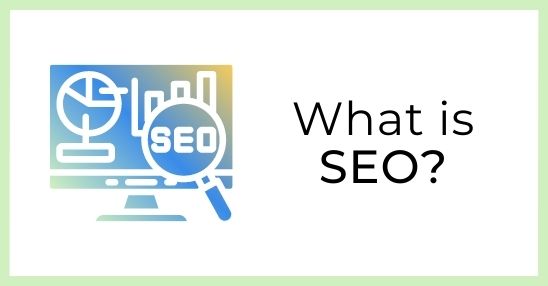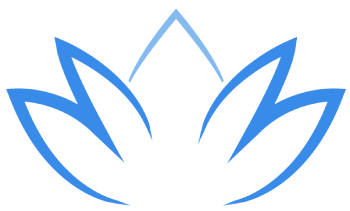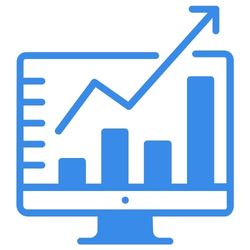
What is SEO?
You have a website, your analytics tool installed, you’re running some paid ads, or have a thriving social media strategy, but organic search doesn’t seem to be doing much.
While the name organic search may sound like it will grow organically on its own over time, there is actually a lot that you can and should do to help it grow.
That’s where SEO comes in.
This article is all about search engine optimisation, what it is, what it consists of, and how you can get stared with SEO for your own website. From here you can go through the Get Started Hub, where you will learn everything you need to do your own SEO and Content Marketing.
Search Engine Optimisation: what is it, and why should I care?
![]() SEO is the toolset that helps you perform better in search engines. Following SEO best practise will help you be more visible for relevant searches, meaning your audience can find you better.
SEO is the toolset that helps you perform better in search engines. Following SEO best practise will help you be more visible for relevant searches, meaning your audience can find you better.
And only an audience that can find you, can buy from you.
Search engines take a search prompt (or query) from the user, and swiftly deliver a bunch of relevant results. A search engine doesn’t scour the entire internet every time someone searches: they have an organised index which they pull their results from. Much like a library system, just much bigger.
In order to get indexed, your site needs to be relevant for your chosen keywords, so when search engines crawl your website, they will want to add it to their index for those keywords. Once you’re indexed, you will start ranking in search results: the more relevant you are, and the better your website performance is, the higher your rank.
Higher rankings mean you are more visible, and thus more likely to get clicks and traffic to your website, from where you can convert your audience to customers.
The 3 elements of SEO
As we mentioned, Search Engine Optimisation consists of a bunch of tools and best practices to follow to help you get crawled, get on the index, and then get ranked.
The different items can be roughly added in three categories:
- Technical SEO
- On-Page SEO
- Off-Page SEO
Let’s quickly go through the three elements.
Technical SEO
Technical SEO is mostly about your website’s technology and structure. Can all your content be easily accessed (by both humans and search engines?)? Does your site structure make sense? Do your website load fast?
From canonical tags to your site architecture, technical SEO is about following the best practices that help your website get crawled by search engines, and to keep it easily usable for your audience as well.
On-Page SEO
As you may have guessed, on-page SEO is all about optimising the content on the page. This includes optimising your title and content for keywords, as well as your meta tags for search results, and internal linking.
A common mistake is to just repeat the keyword multiple times throughout the content, and assume that that will get you ranked. While this may have worked a few years ago, search engines have really evolved since then.
This act is now called “keyword stuffing” and may even get you penalised (meaning you are taken out of the index altogether).
As with technical SEO, look at it from your audience’s perspective. They don’t want to read the same keyword over and over: they want a solid answer to their question or to be informed in a thorough way about something new.
On-page SEO is about optimising the content that you have for your users, not just for robots. Read more about on-page SEO here.
Off-Page SEO
Lastly, off-page SEO are the ranking factors and SEO best practices that don’t take place on your website, but elsewhere.
A large part of this is building a healthy backlink structure, of websites linking to yours, but it also includes areas such as Local SEO, social media and content marketing strategies.
It’s about maintaining your brand throughout the internet. As mentioned this means getting backlinks from other relevant and high-quality sites, but also maintaining your reviews on Google My Business and other platforms, or content marketing campaigns.
SEO helps you improve your organic traffic acquisition
Search Engine Optimisation is a long term strategy that helps you improve your performance in search engines. Increasing your organic rankings is a cost-effective way of getting more traffic to your website, that can convert into sales or leads.
While SEO takes more time, it is a relatively low-cost channel with a high effectiveness if deployed correctly.
Read more about SEO in the Get Started Hub, or contact me to find out how I can improve your website’s SEO.

